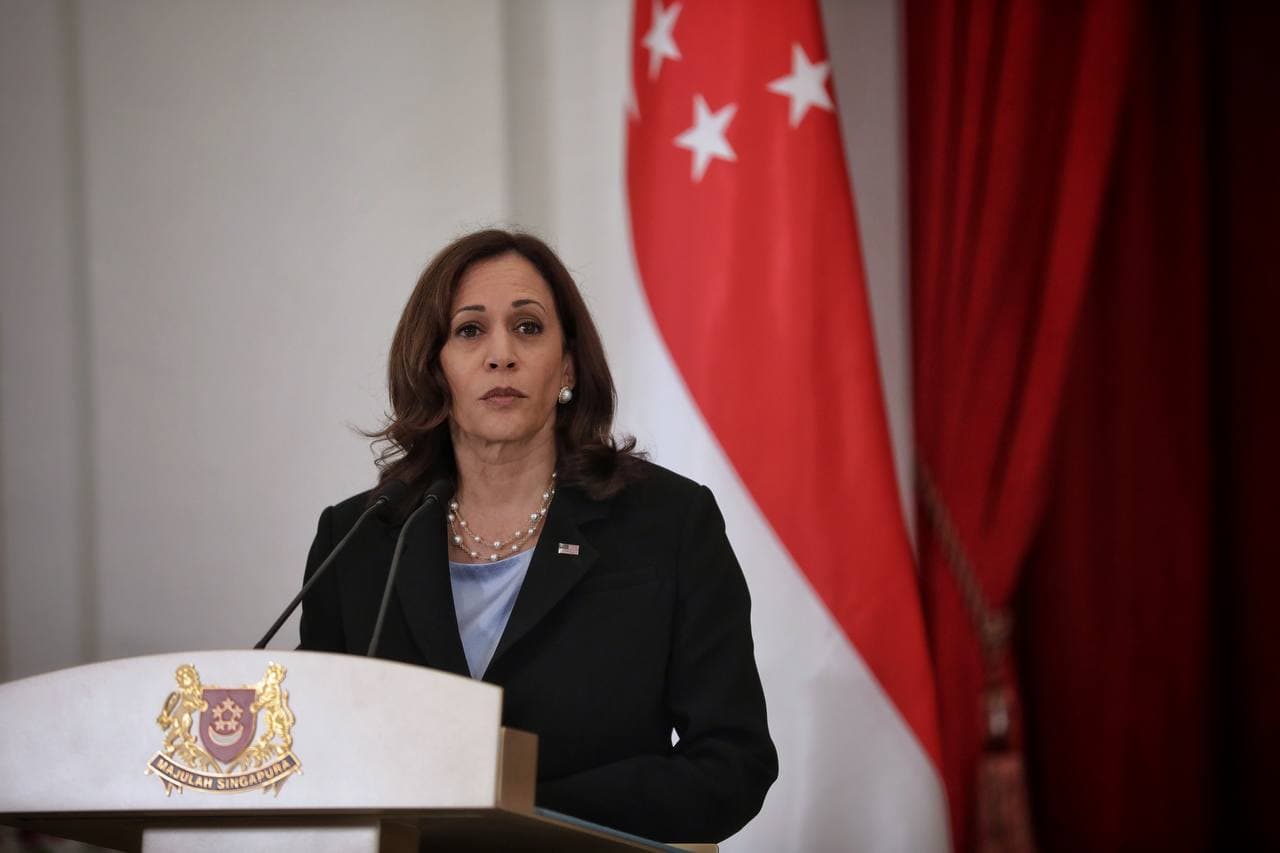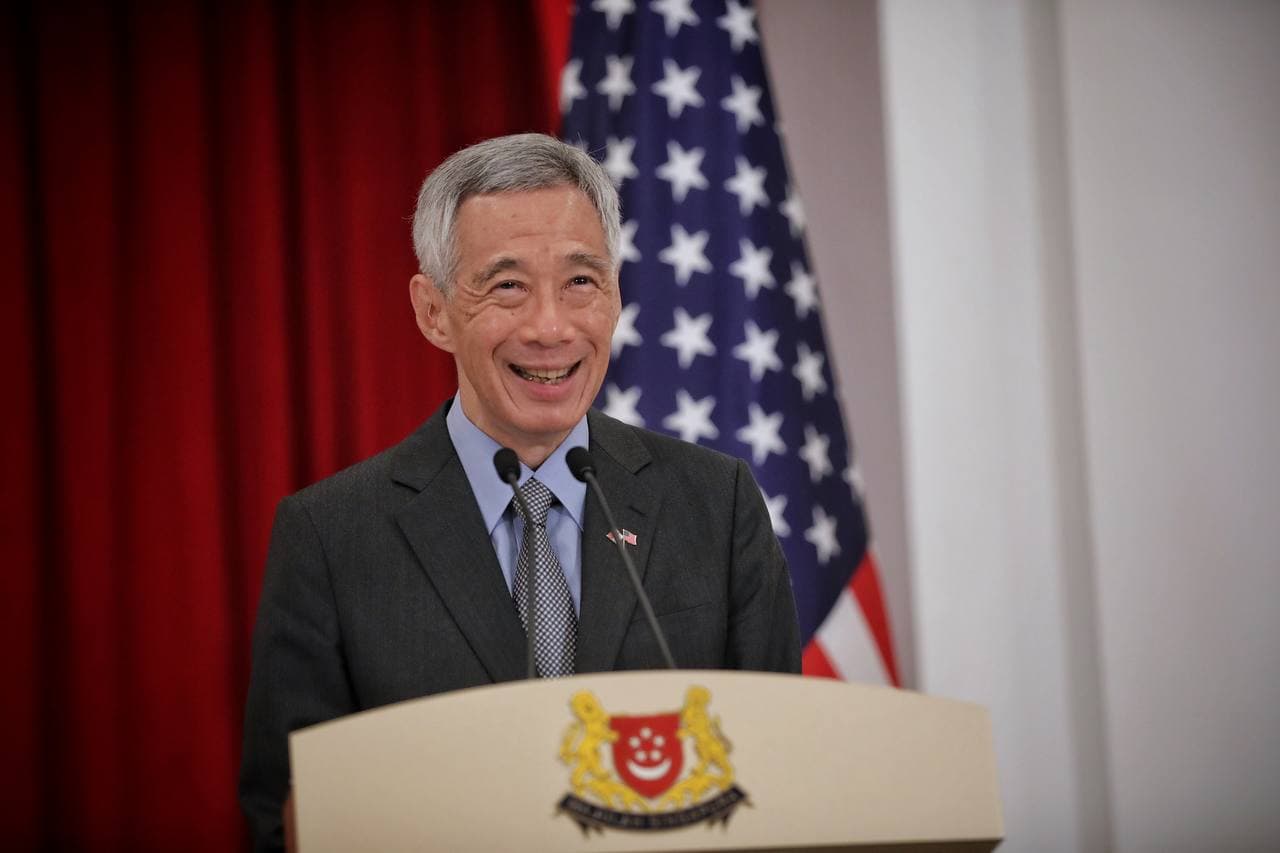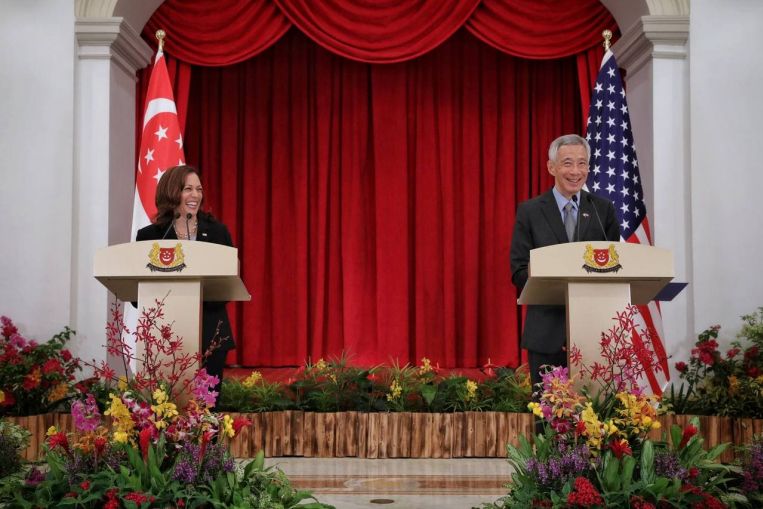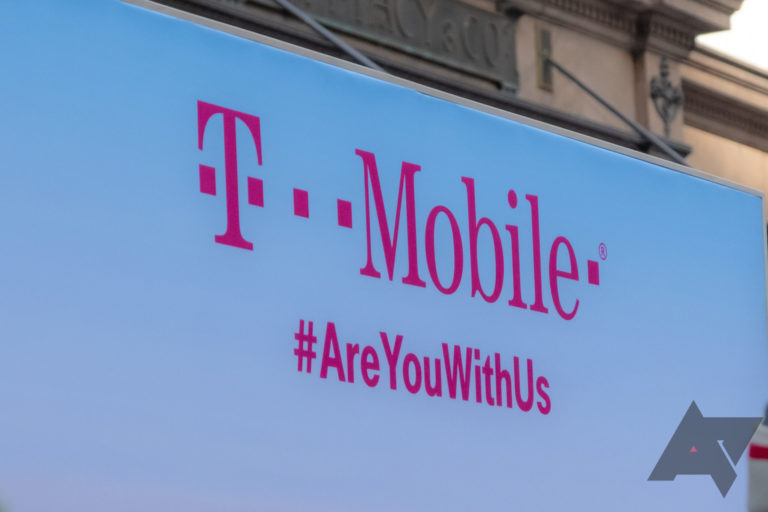PM Lee Hsien Loong, US Vice-President Kamala Harris hail robust, enduring S’pore-US partnership, Politics News & Top Stories
SINGAPORE – Prime Minister Lee Hsien Loong and United States Vice-President Kamala Harris hailed the robust and enduring partnership between their two countries at the Istana on Monday (Aug 23) as they announced new areas of cooperation in cyber security, climate, the economy, and combating pandemics.
Ms Harris underlined America’s appreciation for Singapore’s longstanding and enduring friendship in the context of South-east Asia and the Indo-Pacific, while PM Lee reaffirmed Singapore’s appreciation for the US’ active role in the Asia Pacific, especially in Southeast Asia.
They also expressed their shared support for a stable, rules-based international order in the region, where all countries can both cooperate and compete peacefully with one another and prosper together.
Ms Harris’ high-level visit, the first under the administration of President Joe Biden, comes as Singapore and the US mark 55 years of diplomatic ties.
Speaking at a joint press conference at the Istana after Ms Harris called on President Halimah Yacob, followed by meetings with him as well as several Singapore ministers, Mr Lee said the visit emphasises the US administration’s commitment to the region.
“It shows that the US has both strategic and economic stakes in South-east Asia. We value the US renewing ties with its friends and partners here, especially Singapore,” he said.
Ms Harris said the pandemic has had a profound impact on economies, families and workers and exposed the vulnerability of supply chains, which the US hopes to shore up with regional partners.
“Supply chains, without any question, are critical to ensuring that businesses can source the materials they need, get products to market, and enable people to buy these products,” she said, adding that a shortage of semiconductor chips would impact the production of a range of items from smartphones to laptops and cars.
“So working together with partners like Singapore on strengthening supply chains is critical in… ensuring Americans can provide for their families.”
As he has done on previous visits to the US as well as other forums, Mr Lee stressed the importance of the US being engaged in the region.
He also reiterated calls he made at the virtual Aspen Security Forum earlier this month for the US to pursue opportunities for regional cooperation, in areas such as digital trade and green growth.
“There is a substantial agenda of deliverables which will enhance our partnership, and I am confident that our longstanding and multi-faceted bilateral relationship will continue to strengthen year by year,” Mr Lee said, noting that bilateral trade has more than doubled since the US-Singapore free trade agreement was inked in 2004.
Singapore is the second-largest Asian investor in the US, with direct investment stock of US$65 billion (S$88.5 billion). These investments and American exports to Singapore support over 250,000 American jobs.
The Republic is also home to nearly 5,500 US companies. The US is its largest foreign investor, with foreign direct investment stock of US$315 billion – more than the US investments in China, India and South Korea combined.
Regional and security cooperation
Turning to regional and security cooperation, Mr Lee said Singapore appreciates US participation in Asean and regional groupings like the Asean Regional Forum, Asean Defence Ministers’ Meeting Plus, and Asia-Pacific Economic Cooperation.
“We work together in these forums, reflecting our shared commitment to multilateralism to tackle regional and global issues like climate change,” he said.
He noted that the US has played an important and constructive role in defence and security in the region for over 70 years.
Defence cooperation between both countries is underpinned by the 1990 MOU regarding the use of facilities in Singapore, which provides the US with military access to Singapore’s naval and air bases.
And as the US’ major security cooperation partner, Singapore has consistently supported a strong US presence in the region through its words and actions, said Mr Lee.
“Our two countries have robust cooperation on transnational issues including terrorism, cyber security and counter-proliferation… We were later the first South-east Asian country to contribute personnel and assets to the Global Coalition to Defeat ISIS.”
He added that the US is a partner nation in Singapore’s newly established multilateral Counter-Terrorism Information Facility, and intelligence and law enforcement agencies on both sides hold regular dialogues.
Ms Harris is visiting Singapore and Vietnam to deepen US engagement with South-east Asia.

This is her second foreign trip since taking office in January, and she is the most senior US official to visit the region since Mr Biden was sworn in.
Her trip comes on the heels of Secretary of Defence Lloyd Austin’s visit to Singapore, Vietnam and the Philippines in July.
Singapore and the US have had regular, high-level engagements under both Democratic and Republican administrations. Most recently in September 2019, Mr Lee made a working visit to New York where he met then-President Donald Trump.
Collaborating on trade, pandemics
Both sides also announced a flurry of agreements to strengthen their collaboration in cyber security, climate change, the economy, pandemics, and space.
A new initiative is the US-Singapore Partnership for Growth and Innovation, which will strengthen bilateral and regional collaboration on trade and investment, beginning with four pillars: the digital economy, energy and environmental technologies, advanced manufacturing, and healthcare.
“We are elevating the US-Singapore Collaboration Platform MOU to a new Partnership for Growth and Innovation, and look forward to the MOU’s early conclusion and expansion of cooperation in advanced manufacturing and the digital economy,” said Mr Lee at the joint press conference.
The MOU was signed in 2016 and renewed in 2018. Both sides have agreed to work towards concluding discussions on the partnership later this year.
Mr Lee also welcomed a supply chain dialogue which will bring together government and industry leaders to discuss ways to strengthen supply chain resilience.
He also noted three cyber-security agreements which had been concluded by the cyber, defence and finance agencies on both sides, as well as pandemic cooperation on genome sequencing and epidemic intelligence.
“This will speed up identification of new Covid-19 variants as well as emerging disease threats, and augment regional preparedness for current and future pandemics,” he said.
Responding to questions from the media during the joint press conference, Mr Lee said that what will influence perceptions of the US’ resolve and commitment to the region will be what it does, going forward – including how it repositions itself and engages its broad range of partners and allies in the region, and how it continues the fight against terrorism.

Countries make calculations and take positions, and they have to adjust these from time to time, he added.
“Sometimes it can be done smoothly, sometimes there are hiccups, sometimes things go awry and take time to put right. But countries remain with long term interests, with long term partners, and it is the mark of a country which can succeed that it takes these interests and partners seriously and in a dispassionate way, and maintains them over the long term.
“And the US has been in the region… more than 70 years ago. There have been ups and downs, there have been difficult moments. There have also been over decades, dramatic transformations in Asia, wrought by the benign and constructive influence of the US as a regional guarantor of security and supporter of prosperity.
“Singapore hopes and works on the basis that the US will continue to play that role, and continue to engage the region for many more years to come.”
Ms Harris expressed her belief that South-east Asia and the Indo-Pacific will in large part dictate the future of the world.
She said that the agreements the US has inked with Singapore and the region are evidence of its strength and enduring relationships around the globe.
These are not only priorities that relate to the US’ security or economic interests, she added, but they also relate to challenges the world faces going forward – such as future pandemics and what countries can do together to research on and stop them.
“This is a relationship that is based on a shared vision, both in terms of the challenges we face, and also the opportunities that we face… It is about the future in terms of our mutual commitment, curiosity and interest,” she said.
“It is about what we have in terms of shared values for the need for universal norms on the issue of cyber security. It is about the interest that we have in being a global partner on the issue of vaccines, for example, and our shared commitment – understanding that when we have the resources, we will share them with the world.
“These are the things that Singapore and the United States have in common. And with that common purpose, and with a similar approach to our responsibility for our own citizens, and our responsibility as global citizens… We will continue to partner in a way that benefits not only Singaporeans and Americans, but the rest of the world.”
On Monday, Ms Harris is also due to visit Changi Naval Base and US littoral combat ship USS Tulsa, which is in port for a multilateral exercise.
On Tuesday (Aug 24), she will deliver a policy speech and participate in a round-table discussion with the business community at Gardens by the Bay.







